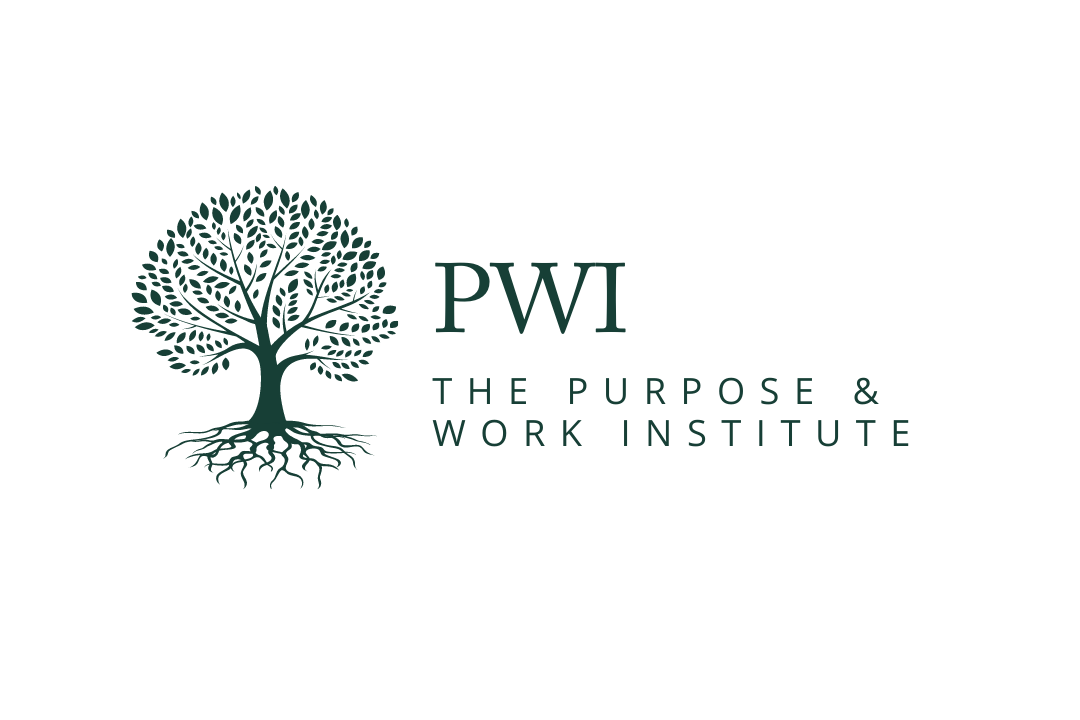The Theology of Work: Purpose, Work, & Human Flourishing
Mornings can be brutal. Many of us wake up ready to end our day just as quickly as it started to avoid doing the thing we hate most: going to work. Defeated before the day begins, we mentally prepare for the drain that the day will be. Talents ignored, strengths wasted, and passions buried, we pine for purpose, fulfillment, and excitement beyond the promise of the weekend and the guarantee of a paycheck. With over 85% of people worldwide hating their jobs, many people find themselves here — absolutely hating what they do, searching for a way out, but yet soberly reminded of the financial responsibilities that keep them bound. Work is more of an obligation rather than a calling, where one often questions the meaning of it all.
Even King Solomon questioned the purpose of work. In Ecclesiastes 2:18-26, he shared how even he came to hate his work, especially after acknowledging that the fruits of his labor would be left to others’ benefit and control. Searching for meaning, he posed the question, “So what do people get in this life for all their hard work and anxiety? Their days of labor are filled with pain and grief; even at night, their minds cannot rest. It is all meaningless.” To him, work produced more anxiety and reinforced purposelessness more than anything, leaving us to wonder: is this how work was intended to be?
To answer this question, we find ourselves going back to where work originated -- The Garden of Eden. It is here that we can see that work was created in the context of purpose. Before man was assigned to work, he was designed with a purpose. “Then God said, “Let us make human beings in our image, to be like us. They will reign over the fish in the sea, the birds in the sky, the livestock, all the wild animals on the earth, and the small animals that scurry along the ground.” (Genesis 1:26 NLT)
After instilling them with purpose, God blessed them to flourish and multiply and assigned them work that would fulfill their purpose through working and watching over the Garden of Eden (Genesis 2:15). Their purpose was to reign with dominion, and they were to channel that purpose through work and an environment that God created for them to flourish. Work was purposeful, uniquely designed, and God-glorifying, all elements that were originally necessary for human flourishing. However, this beautiful communion and collaboration with God was broken as a consequence of sin:
“And he said to the man, “Because you listened to your wife and ate from the tree about which I commanded you, ‘Do not eat from it’: The ground is cursed because of you. You will eat from it by means of painful labor all the days of your life. It will produce thorns and thistles for you, and you will eat the plants of the field. You will eat bread by the sweat of your brow until you return to the ground since you were taken from it. For you are dust, and you will return to dust.” (Genesis 3:17-19 CSB)
It wasn’t until sin came into the picture that work became a sentence, devoid of purpose and fulfillment. However, we have hope because of the redemption through Christ’s sacrifice. Because of Him, all things under the curse, including our work, have the opportunity to be reconciled and restored. Paul explained this reconciliation in Colossians 1:19-22, “For God in all his fullness was pleased to live in Christ, and through him God reconciled everything to himself. He made peace with everything in heaven and on earth by means of Christ’s blood on the cross.” It is Christ’s redemption that provided the grounds for reconciliation. Reconciliation made way for what will be our ultimate restoration: consummation with Christ, rest from our work, and freedom from the pain, anxiety, and suffering this life brings (Revelation 21:3-6). So what does this mean for the purpose of life and work?
We work towards that restoration, knowing that redemption is ours and reconciliation has been made possible right here, right now. That means that even though there is still evidence of the curse, we aren’t sentenced by it. That is why after all his existential ruminations, King Solomon concluded, “There is nothing better for a person to eat, drink, and enjoy his work. I have seen that even this is from God’s hand, because who can eat and who can enjoy life apart from him?” (Ecclesiastes 2:24-25) We are free to find purpose, satisfaction, and flourish in our work, not because of a paycheck or a promising career but the promise and sacrifice of Christ. He gives us the grace and ability to enjoy our work, which requires us to shift our eyes and attitude off of our selfish desires to purposeful work that promotes His promise and plan. It’s when work is placed in the context of purpose that we truly flourish and find true meaning, satisfaction, and fulfillment and ultimately see His design and intention for humanity restored.

